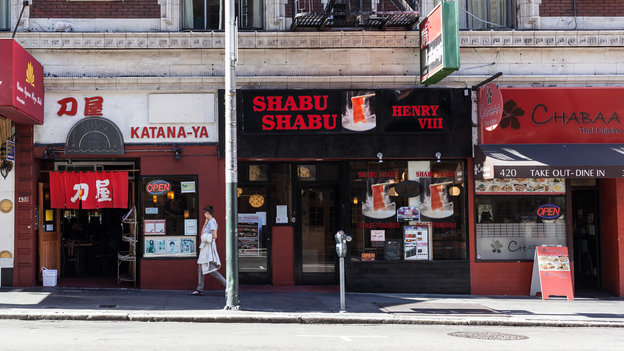
Post by Serri Graslie, The Salt at NPR Food (11/8/13)
When it comes to scouting out a new bakery, pizzeria or noodle shop, there are few review sites that compare to Yelp. In turn, the reviews left on sites like Yelp can have a big effect on many restaurants' bottom lines.
That's created a huge incentive for businesses to write fake positive reviews about themselves, called "astroturfing." Some fake reviews are written by the businesses, while others are produced in bulk by reputation management companies. Michael Luca of the Harvard Business School and Georgios Zervas of Boston University wanted to figure out the exact conditions under which companies have strongest incentive to leave a fake review.
Luca and Zervas analyzed 316,415 reviews for 3,625 Boston-area restaurants written between 2004 through 2012, all of which Yelp had already flagged as potentially fraudulent. These "filtered" reviews make up about 25 percent of the 42 million total reviews submitted for all businesses. Of the filtered reviews, Luca and Zervas found 16 percent of reviews weren't legitimate.
But defining fraudulence is tricky, especially since Luca and Zervas don't know exactly what makes Yelp's private algorithm tick. According to guidelines from the Federal Trade Commission, a review written by the business owner, family members, competitors or a compensated reviewer would be considered false advertising. But an owner who encourages users to review his restaurant (and provides instructions) falls into a grey area.